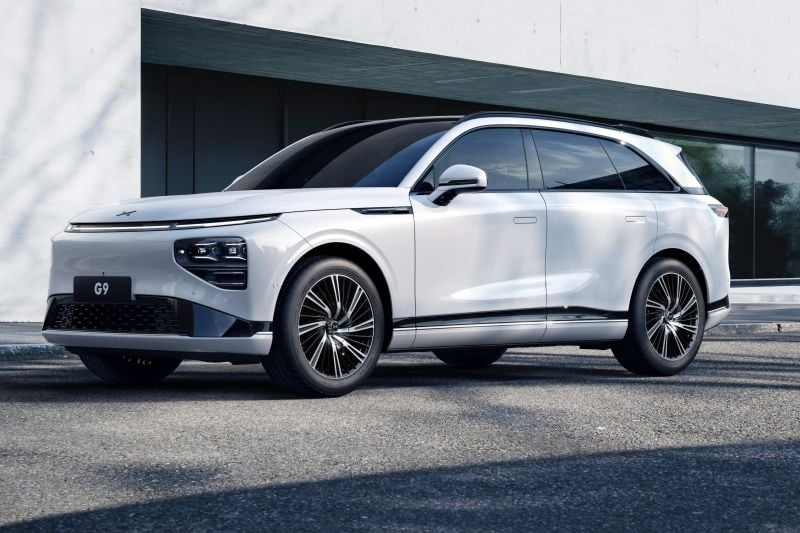Fresh from Audi signing a deal to use an EV platform from manufacturing partner SAIC (owner of MG and other brands), Volkswagen is pairing up with a second Chinese automaker to catch up with the shift to electric cars.
Overnight Volkswagen announced it will jointly design two “fully connected” EVs with local startup Xpeng.
The two new jointly-developed EVs will be mid-size “China-specific” models that will “supplement the MEB product portfolio”. It’s unclear if these vehicles will be sedans or crossovers, but they will be “rolled out” by early 2026.
Given the tight timeframe for their development and launch, it’s likely these Volkswagens will be based on an existing Xpeng platform. Although we don’t have confirmation yet, there’s a good chance they will be produced at an Xpeng factory.
According to Volkswagen, the two new electric cars will have “state-of-the-art software and hardware, in order to offer Chinese customers an intuitive, connected digital experience”. Concerning the division of labour, Volkswagen is being a little more cryptic, merely stating, “all parties are contributing their respective core competences to the development effort”.
As part of the new partnership, Volkswagen will invest around US$700 million ($1 billion) in Xpeng, and gain a 4.99 per cent shareholding. The German firm will also get an observer seat on Xpeng’s board.
The two automakers are also considering developing “new local platforms for the next generation of intelligent, fully connected vehicles”. Today’s deal has yet to be approved by regulators, and could br subject to change.
Despite its large investment in models based on the MEB dedicated EV architecture, Volkswagen has fallen behind local rivals in the Chinese market. This has seen the company resort to discounting products, as well as ceding its long-held number one sales position to BYD, which now exclusively produces EVs and plug-in hybrids.
By partnering Volkswagen up with Xpeng, and Audi with SAIC, the German automaker is hoping to quickly roll out cars with the EV and connected vehicle features Chinese buyers find appealing.
These two partnerships form a key part of the automaker’s new “in China for China” strategy, which will also see the company’s local arm have more autonomy with product planning and design.
While Audi’s partnership with SAIC seems like a safe and expedient bet, as the two firms have a relationship over almost four decades, and SAIC has now houses strong engineering and design capabilities, Xpeng could be more of a high-stakes bet.
Xpeng was founded in Guangzhou in 2014 by two former executives from GAC Auto, and backed by the likes of Alibaba and Foxconn. After selling its first car in 2018, the company claims it sold a shade over 120,000 vehicles last year.

